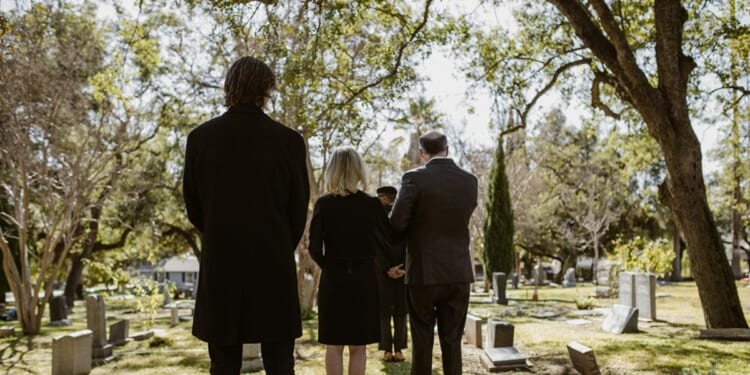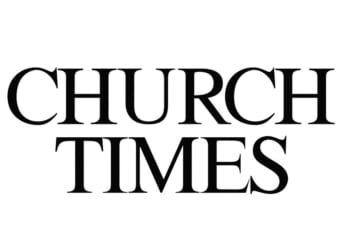AN “ENORMOUS vacuum in the rules and regulations” of the funeral sector risks “a few rotten apples” exploiting the bereaved, the House of Commons has heard.
Introducing a debate early last week, the Conservative MP Simon Hoare urged the Government to introduce “licensing, regulation, or binding codes of conduct” for funeral directors, homes, and services.
This was very much the will of the sector, Mr Hoare said. It had the support of the Association of Green Funeral Directors, the National Society of Allied and Independent Funeral Directors, and the National Association of Funeral Directors, who, with Co-op, represented between 75 and 85 per cent of the industry.
“Most of the apples operating in the funeral barrels . . . are good ones, but we all know that there are rotten apples in every barrel,” he told the House. “It has long been recognised that this is a sector that operates in good faith and on a belief — often misplaced — that our expectations of the decency and respect to be shown to the deceased will prevail in all circumstances.”
Previous Governments had, he suggested, presumed that “everything works well and as we would expect”. But this was not always the case.
Mr Hoare pointed to the Fuller inquiry, established in 2021 to investigate how the necrophiliac murderer David Fuller was able to carry out inappropriate and unlawful actions in the mortuary of Maidstone and Tunbridge Wells NHS Trust, and why these went unnoticed. The final report of that Inquiry, published a year ago, recommended that an independent regulator be created “as a matter of urgency”.
Contributing to the debate last week, the Liberal Democrat MP Helen Maguire said that it had been “absolutely devastating to receive a piece of casework about abysmal funeral services, which included the mis-selling of a plot in a local cemetery, extortionate funeral costs and countless issues with a private funeral company”.
She continued: “It is unacceptable that private cemeteries are almost entirely unregulated and are governed by burial Acts from the 1800s, which frankly are wildly out of date.”
Mr Hoare agreed. Serious prosecutions rested on the Burial Act 1857 which was “silent on the corpse’s treatment from the point of death through to the point of either internment or cremation”.
The Labour MP Mark Sewards said that he had recently brought two mothers to meet the Victims Minister. “They tragically lost their babies in different circumstances, but both went to the same funeral director, who did horrific things with their babies’ bodies. The police found nothing actionable because there is no regulation of the funeral industry. That needs to change.”
Mr Hoare expressed his sympathies, saying that, “As a society, our relationship with funerals is changing. We have become, as we know, a more secular society, so we are looking for other ways to deal with funeral services, rather than the traditional church service and so on.”
The pandemic had, he continued, “certainly expedited the . . . cheaper, faster and more streamlined approach to dealing with the deceased…There is little or no doubt that the lion’s share of operators are legit, above board, doing their best and doing it well, but the absence of regulation means that, if we so wished, the Minister and I could set up a funeral directors. We do not need a licence.”
This had in some cases resulted in advertising scams. He proposed to use the Financial Conduct Authority to stop rogue funeral directors from operating.
Mr Hoare concluded: “The canon of evidence on the need for progress is very clear and compelling. I suggest that the time for consultation and consideration has passed. The time is now for joined-up Government, energetic thinking and speedy delivery, which will give comfort and confidence to each and every constituent.”
Responding, Dr Zubit Ahmed, who is Under-Secretary of State at the Department of Health and Social Care, said: “ I completely understand his strength of feeling on this issue.” The Government had, he said, committed to providing an interim update on the Fuller recommendations from all phases of the inquiry before the end of this year, followed by a full response in summer 2026.
The second set of recommendations from the Inquiry were, however, more complex and would require a “co-ordinated and urgent approach across departments”.

















